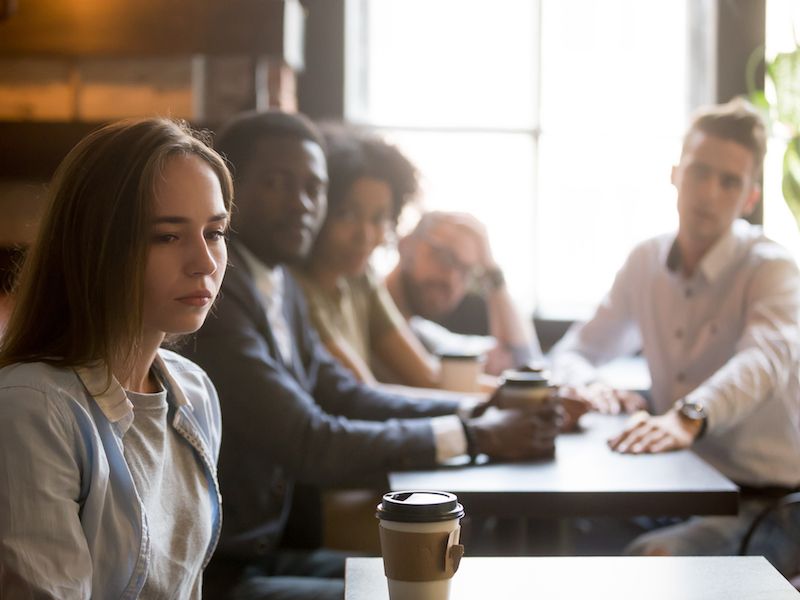
Loss of hearing isn’t simply a problem for older people, in spite of the prevalent idea. In general hearing loss is becoming more prominent in spite of the fact that age is still a strong factor. Hearing loss stays at around 14-16% amongst adults 20 to 69 years old. Globally, more than 1 billion people between the ages of 12-35 are in danger of getting hearing loss, according to the united nations and The World Health Organization. The CDC says roughly 15% of children between 6 and 19 currently have loss of hearing and more recent research indicates that that number is closer to 17%. Only a decade ago hearing loss in teenagers was 30% lower as reported by another study. Even worse, a study conducted by Johns Hopkins projects these trends out into the future and estimates that by 2060 around 73 million people over the age of 65 will have hearing loss. That’s a staggering increase over current numbers.
Why Are we Developing Hearing Loss Earlier?
We tend to consider hearing loss as a result of aging because it would develop slowly over years unless you spent extended time periods in a loud environment. That’s why you aren’t surprised when your grandfather wears a hearing aid. But changes in our lifestyle are impacting our hearing at a younger and younger age.
Technology, and smartphones, in particular, can have a significant impact on our hearing. Whether you’re chatting with friends, listening to tunes, or watching movies, we are doing all the things we love to do and wearing earbuds to do it all. Most people have no clue what is a damaging sound level or how long it takes to do damage and that’s problematic. Occasionally we even use earbuds to drown out loud noises, meaning we’re voluntarily exposing our ears to damaging levels of sound instead of protecting them.
Slowly but surely, a whole generation of young people are damaging their ears. In terms of loss of productivity, that’s a big problem and one that will cost billions of dollars in treatment.
Hearing Loss is Not Well Understood
Keeping away from extremely loud noises is something that even young children are generally sensible enough to do. But the nature of hearing damage isn’t generally grasped. It’s not commonly recognized that over longer time periods, even moderate sound levels can injure hearing.
Needless to say, the majority of people around the world, especially young people, aren’t really concerned about the hazards of hearing loss because they think that it’s only an aging problem.
According to the WHO, people in this 12-35-year-old age group may be exposing their ears to permanent damage.
Options And Recommendations
The issue is particularly widespread because so many of us are using smart devices regularly. That’s the reason why many hearing specialists have suggested solutions that focus on offering mobile device users with additional information:
- Adjustments of volume for hearing health can be made by parents by employing built in parental control settings.
- Warnings when you listen too long at a specific decibel level (it’s not simply the volume of a sound that can lead to damage it’s how long the sound lasts).
- High-volume warnings.
And that’s only the start. There are a lot of technological ways to get us to begin to pay more attention to the health of our hearing.
Turn The Volume Down
If you reduce the volume of your mobile device it will be the most important way to mitigate damage to your hearing. Whether your 15, 35, or 70, that holds true.
And there is no disputing the fact that smartphones are not going away. It’s not just kids that are addicted to them, it’s everyone. So we have to deal with the fact that loss of hearing is no longer linked to aging, it’s associated with technology.
Which means we need to change the way we talk about, prevent, and deal with hearing loss.
Also, decibel levels in your environment can be measured by app’s that you can download. 2 steps to protect your hearing. Making sure not to try to drown out loud noises with even louder noises and of course using ear protection. For example, if you drive with your windows down, don’t turn up the music to hear it better, the noise from the wind and traffic could already be at damaging levels. As always, if you have questions about your hearing, schedule a hearing exam.
